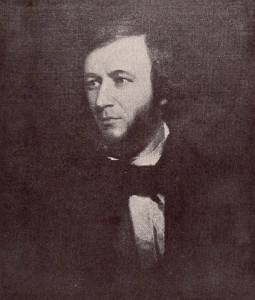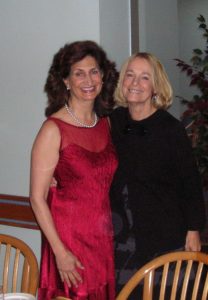Writers have different styles not just in the words they produce, but how they go about producing them. When fledgling writers ask the very common question, “How do you write your books?” the question is in part curiosity about the person to whom they’ve directed the question, but it’s also in part another question altogether: How should I write the one that’s in my head?”
No writer can say the best way for another person to work, The other day I was on a panel of women authors and was intrigued, though not surprised, at how different we all were when it came to producing the words on the page. When the inevitable “How do you write?” question was asked, one of the other panelists described a slow process of getting every word right. She’s a novelist now but got her start as a poet, and her attitude is one of reverence for every word. For her it’s a matter of getting everything perfect. It isn’t complete until there’s no wasted syllable, no word that isn’t just the right choice.
I admire that approach, but it’s easy to see why some writers produce one or two books in a decade, and others, like me can keep to a pace that’s closer to one book a year. I like to call this second approach “approximism,” a word I invented when I was a professor of research writing. With some students the big issue is writer’s block. With others it’s letting the finished effort go. And of course, more often than not, writers at all levels have a little-or a lot–of both problems.
Let me tell you what approximism is NOT. It isn’t a cynical shrug of the shoulders, a “who cares?” about communicating with the audience. It isn’t settling for poor or sloppy writing. It isn’t granting oneself permission to be less than the best writer one can be. Approximism in no way resembles “cranking it out” on a deadline or for a grade.
Approximism can perhaps best be summed up by words from John Steinbeck I have quoted previously in another entry in this diary. Describing THE GRAPES OF WRATH, he once said, “It’s not good enough, but it’s the best I can do.” This is the heart of approximism.
Here are the steps:
1) Make a commitment to write until you can’t write any better. Whether you do that one painstakingly perfect page at a time or give yourself permission, as Anne Lamott famously quipped, to write “shitty first drafts,” what matters is the commitment to write the best finished product you can however you can.
2) Accept that there are always going to be different ways to say something, and don’t necessarily confuse that with better ways to say it. Try out different phrasings of passages that don’t seem just right yet, and then settle on making one possibility the absolute best you can make it. If it still bugs you, try another way and do the same thing. As a friend of mine once said, “I keep working on something until I quit running into things I don’t like.” That’s the time to let it go.
3) Agonize over things as small as a word or a punctuation mark in ONE final edit (oh, okay, maybe two) and tell yourself that if this is all you can think of to do to your work, it’s done. Swallow hard at that point and go public with it, whether it’s to an open mike, a writing contest, or a publisher. You need feedback now.
Good readers will tell you how to make something better. Even if criticism makes you feel misunderstood and unappreciated, don’t you want to feel understood and appreciated? How else will that happen except by knowing where your words have fallen short?
I’ll write about unhelpful criticism and rejection another day. Even published authors get plenty of both, but I think approximists may be able to handle setbacks a little better than perfectionists can. After all, we know what we wrote isn’t good enough. Perhaps we may decide it isn’t the best we can do after all and dig back in to try one more time.
Approximists of the World, Unite! Or something sort of along those lines….





